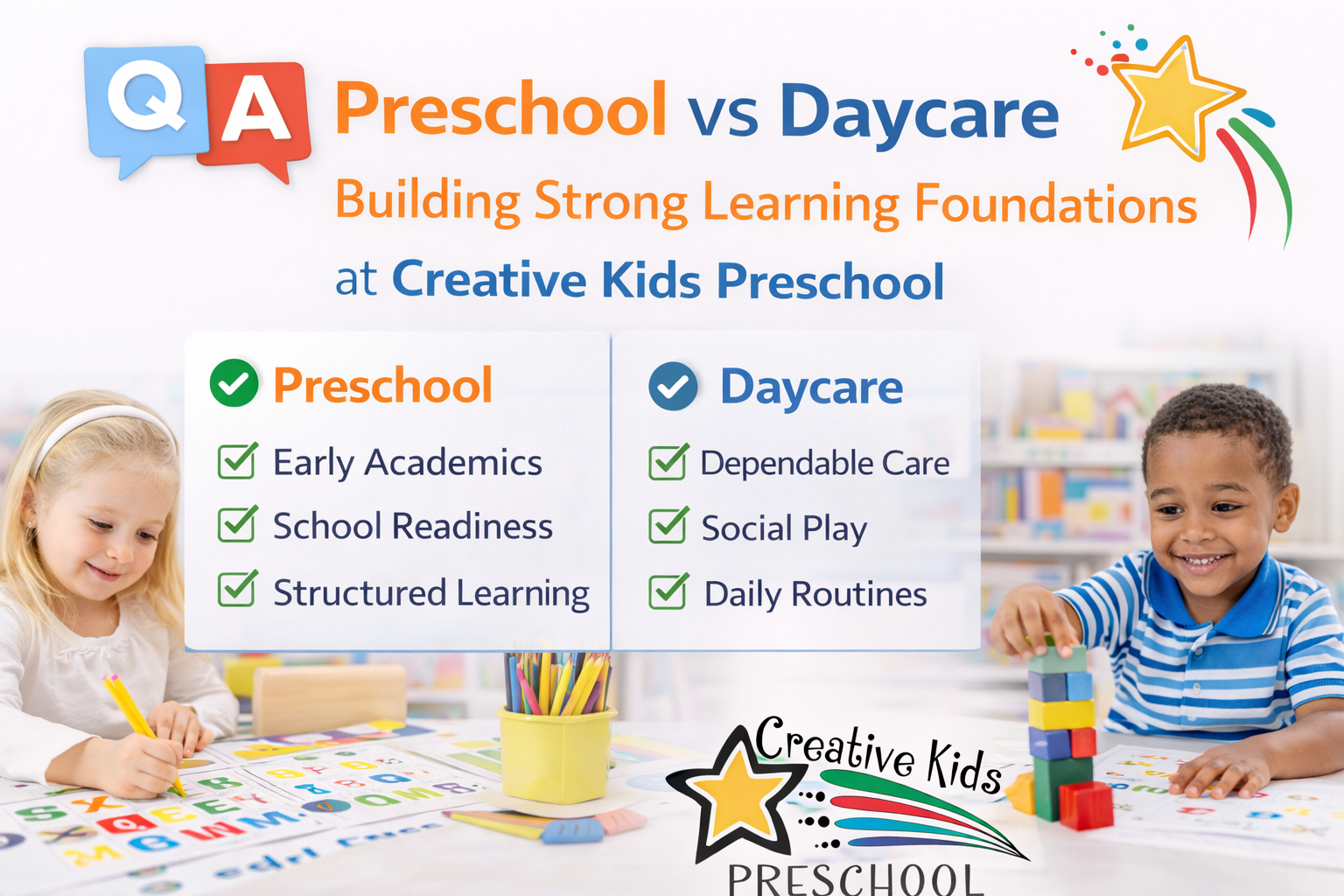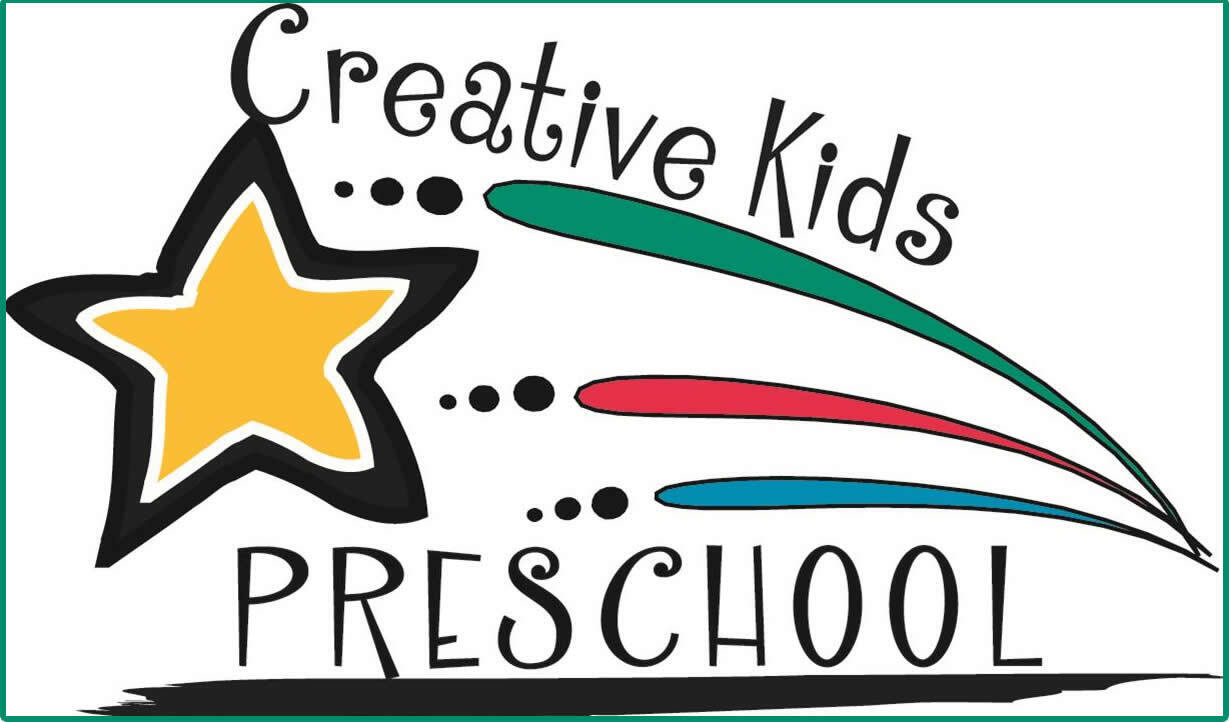
Preschool vs Daycare: Building Strong Learning Foundations | Creative Kids Preschool Tucson
Parents often ask wh...

The Kovacs Family has been leading Creative Kids Preschool since 1998, emphasizing excellence in early childhood education. Our goal is to offer a nurturing and quality educational experience by developing the whole child: intellectually, socially, emotionally, physically, and spiritually in a safe, clean and healthy environment.